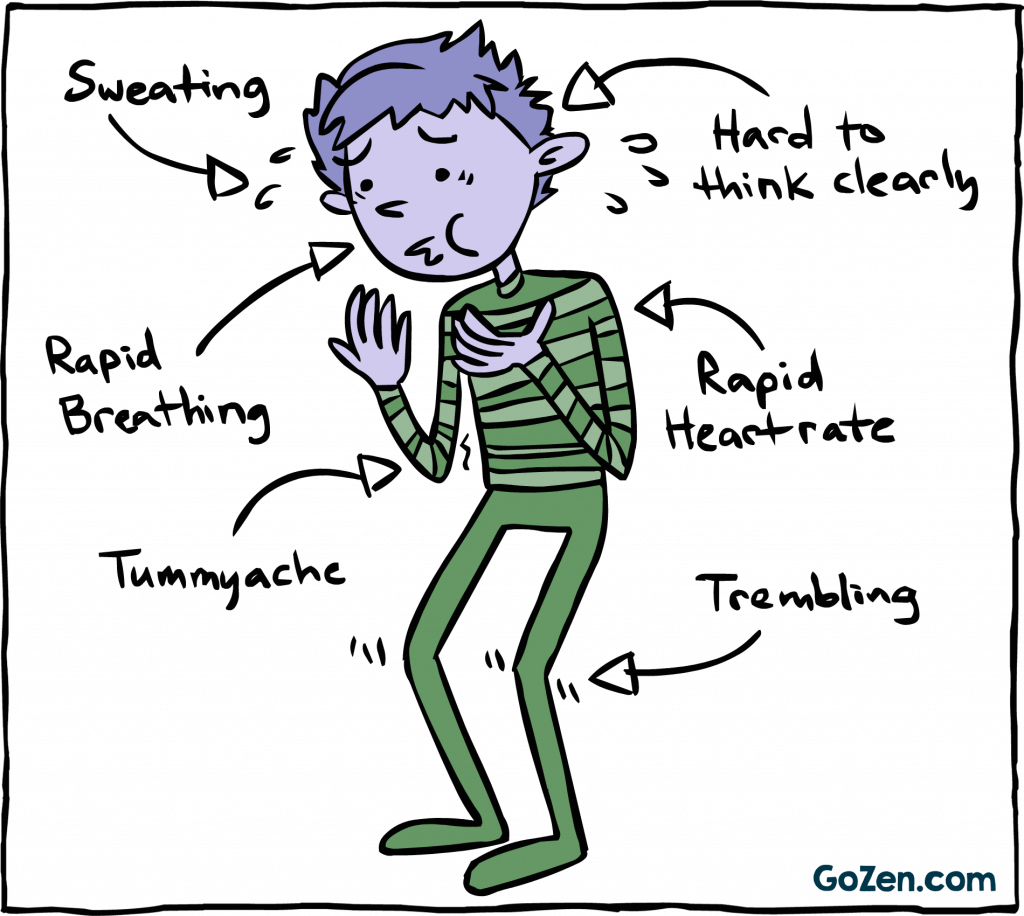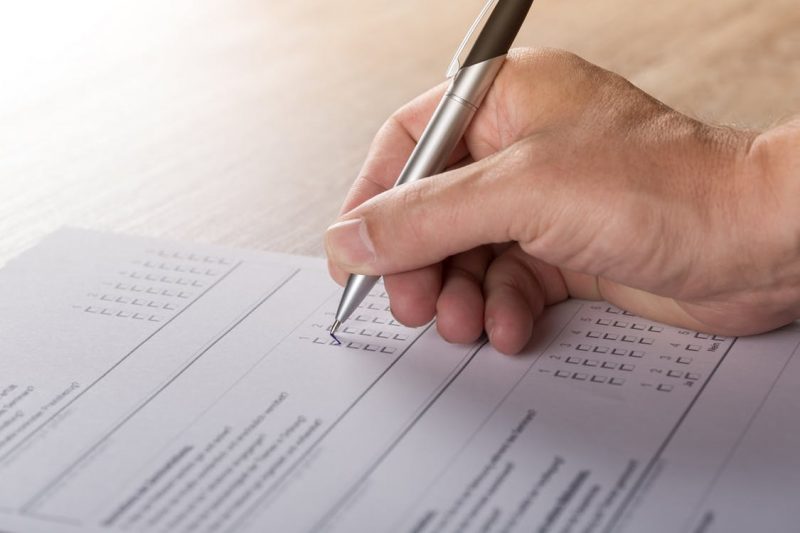Children, teens and adults can all experience test anxiety. Whether it’s the 2nd Grade Pop Quiz, a GED, SAT, ACT or a presentation for your business, having to show up as your best self ever, no matter how you’re feeling emotionally or physically – can be a huge anxiety trigger.
What Does Test Anxiety Feel Like?
Test anxiety sufferers report nervousness, sweaty palms, headache, rapid heartbeat, nausea, light-headedness and feeling faint. Some symptoms are experienced lighter than others and some people feel them all at once, making the physiological effect completely debilitating. The feelings are comparable to general anxiety, except that they can be enhanced with test anxiety because the sufferer has an impending trigger – the test.

What Causes Test Anxiety?
Test anxiety has several different causes, though it can also simply occur in naturally anxious people or those who have recently experienced some sort of trauma.
Some of the leading causes are:
- Lack of preparation
- Fear of failure
- Mental illness
- Trauma
- Learning disabilities
What Can You Do To Reduce Test Anxiety?
One way to reduce test anxiety is to make sure to be as fully prepared as possible. Make sure to do the work, pass on social events until after the test to give yourself enough time to study, and be sure to browse the material or create an outline to review ahead of the test.
Another way to to take care of yourself physically and emotionally. Make sure to drink enough water, get enough sleep and eat healthy, nutritious foods. And, make sure to stimulate your brain with other materials than just the topic at hand for the test. Coloring books and crafts are great, or just reading light material works too. A good sweat before the test can stimulate the body and relax it as well.
And, finally, counseling can be a great way to deal with test anxiety. Talking through your feelings can help your performance immeasurably. Another type of therapy proven to have great effects is EMDR, a process often used to work through trauma.
How Does EMDR for Test Anxiety Work?
The way it works is that your counselor will walk you through the feelings of trauma or anxiety that affect you when you have to take a test or perform under pressure while having you follow their finger or a light with your eyes. EMDR stands for Eye Movement Desensitization and Reprocessing. It does not involve any drugs or hypnosis. EMDR uses duel attention stimulation to reduce the emotional charge of anxiety related to test taking. The therapy allows for the anxiety of be appropriately reprocessed so that the next time the student takes a test, the anxiety will be reduced, allowing them to access the information needed to answer the test questions.
Do you suffer from test anxiety or does one of your children? Trying EDMR with a certified counselor is a great way to start relieving the symptoms of test anxiety. Simply click here to schedule the most convenient time.






